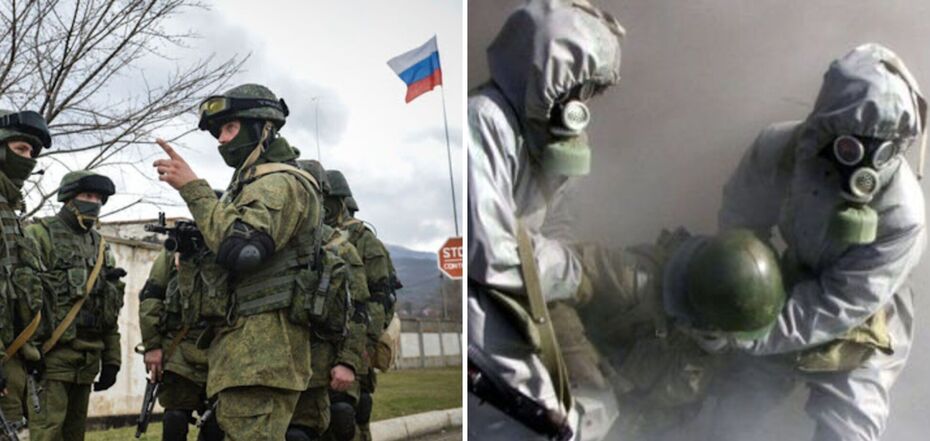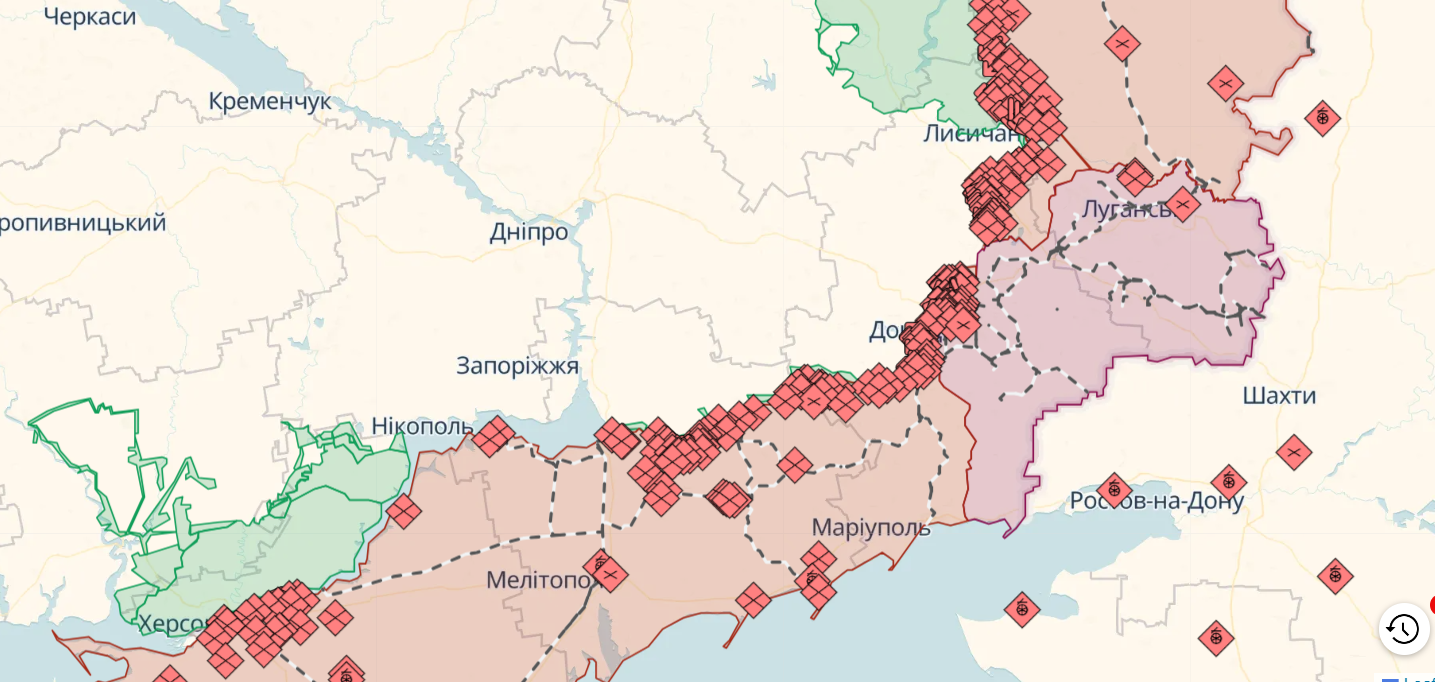War in Ukraine
Dozens of cases: occupants began to actively use ammunition with a poisonous substance - Lykhoviy
Russian occupants continue to use chemical weapons against Ukrainian soldiers at the front. In particular, they are increasingly dropping grenades with a choking and tear gas agent such as chloropicrin, the use of which is prohibited by international convention.
This was reported by Dmytro Lykhoviy, spokesman for the Joint Press Center of the Tauride Defense Forces. According to him, there have been fifty such incidents over the past week, the vast majority of which were committed by the enemy in Zaporizhzhia.
The Russians continue to violate the laws and customs of warfare and international conventions to which the aggressor state is a party. In particular, the occupiers are increasingly using prohibited ammunition with a poisonous substance against Ukrainian soldiers.
"Unfortunately, the Russians are increasingly using ammunition with a poisonous substance. Over the past week, they have dropped grenades with a choking and tear gas agent such as chlorpicrin from drones about 50 times. Yesterday alone, 15 such drops of ammunition were recorded, and almost all of them were in the defense line in the Zaporizhzhya sector," noted Lykhoviy.
According to him, Russia resorts to prohibited methods of warfare when it cannot get the desired results in a fair battle.
"When the enemy cannot take our trenches with classical artillery or FPV drone attacks, they use tear gas," noted the spokesman for the Joint Press Center of the Tauride Defense Forces.
Chloropicrin or nitrochloroform can cause severe inflammation of the eyes, nose, throat, and respiratory tract. Due to its toxic properties, it was widely used during the First World War. It is also known that chloropicrin was used by Soviet troops during the intervention in Afghanistan.
Chloropicrin has a tear-staining effect on humans. At a concentration of more than 0.1 mg/l, it affects the respiratory system, and 0.2 mg/l in a matter of minutes leads to a complete loss of combat capability. A concentration of 2 mg/l with an exposure time of 10 minutes is lethal: death occurs within a few minutes.
Since 1997, the use of chloropicrin for military purposes has been prohibited by the Convention on the Prohibition of the Development, Production, Stockpiling, and Use of Chemical Weapons and on their Destruction, along with phosgene, chloroacetic acid, and hydrocyanic acid.
Since 1997, the Russian Federation has been a party to the Convention. However, this did not prevent the aggressor state from using prohibited chemical weapons, which it was supposed to destroy in accordance with its obligations, against Ukrainian soldiers. Such cases were recorded, in particular, in the Kherson region and in Donbas.
In particular, as early as 2024, the use of chemical weapons by the invaders was recorded in the Tauride direction. And at the end of December 2023, the occupiers admitted to using chemical weapons against the Armed Forces of Ukraine in the Kherson region.
In general, as noted by the General Staff of the Armed Forces of Ukraine, over the two years of the full-scale war against Ukraine, Russian troops have carried out 815 chemical attacks. And about a quarter of them were recorded in January 2024: the General Staff counted two hundred and twenty-nine incidents in the first month of the new year.
Only verified information is available on our Telegram channel OBOZ.UA and Viber. Do not fall for fakes!




























